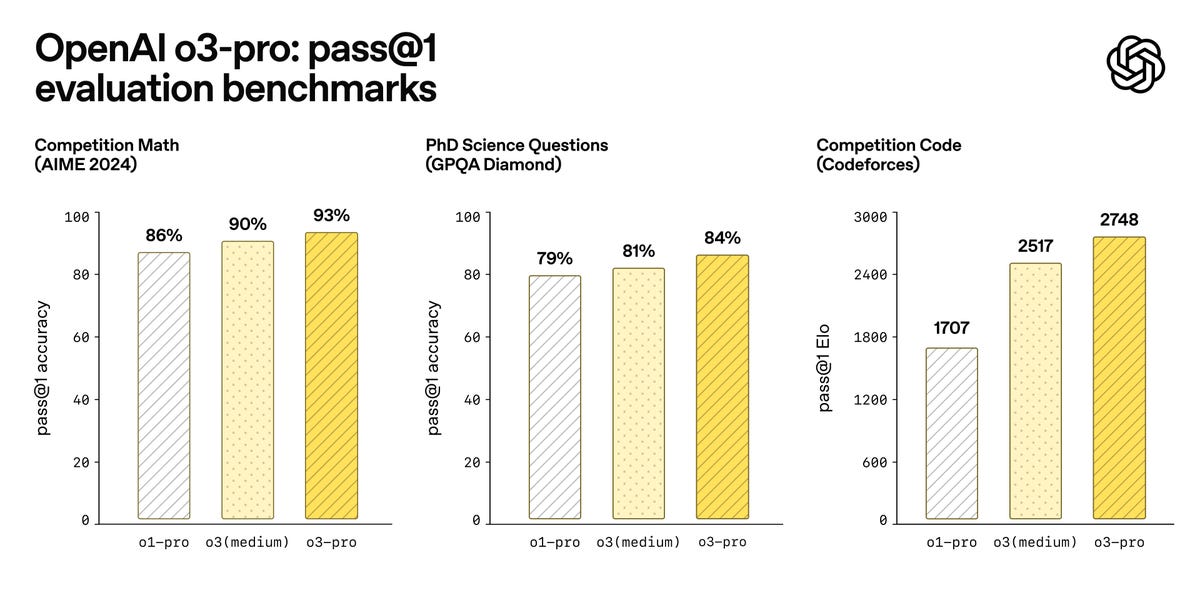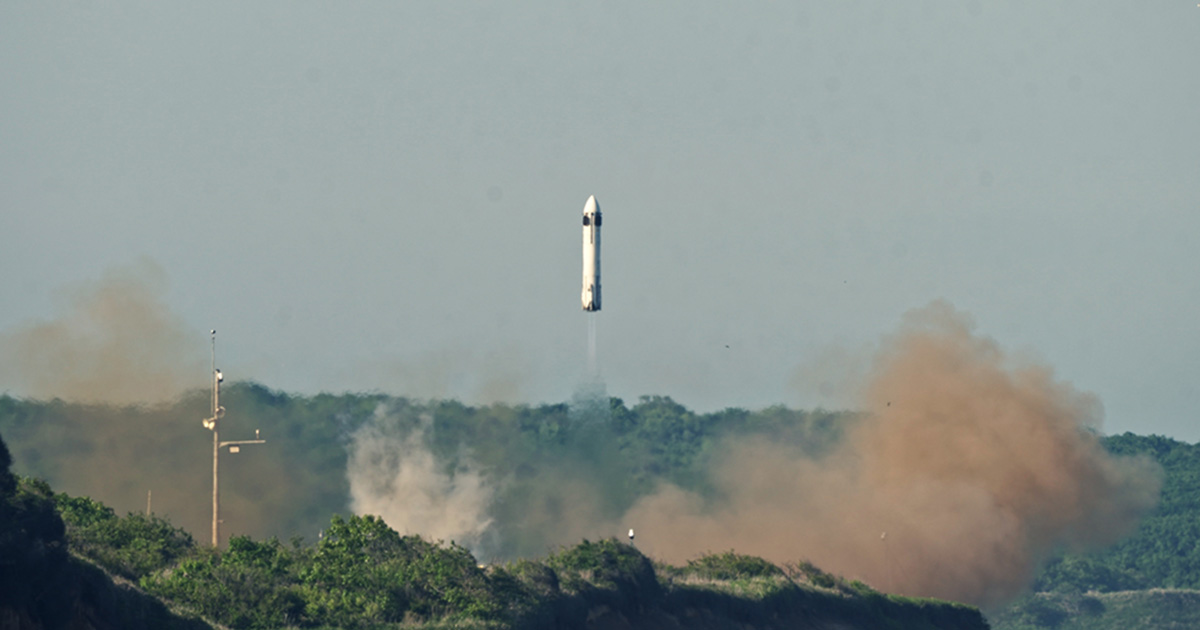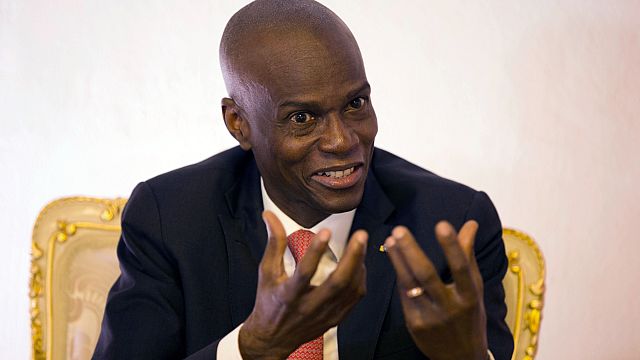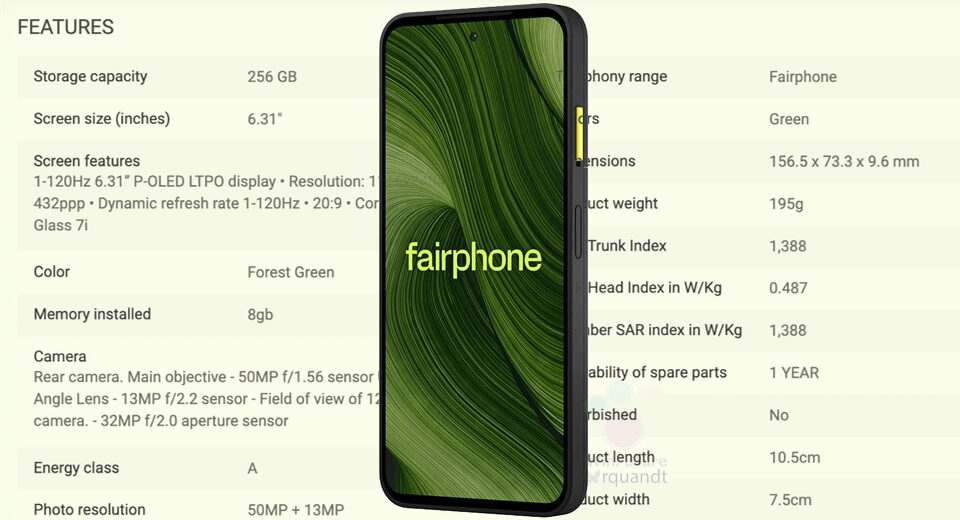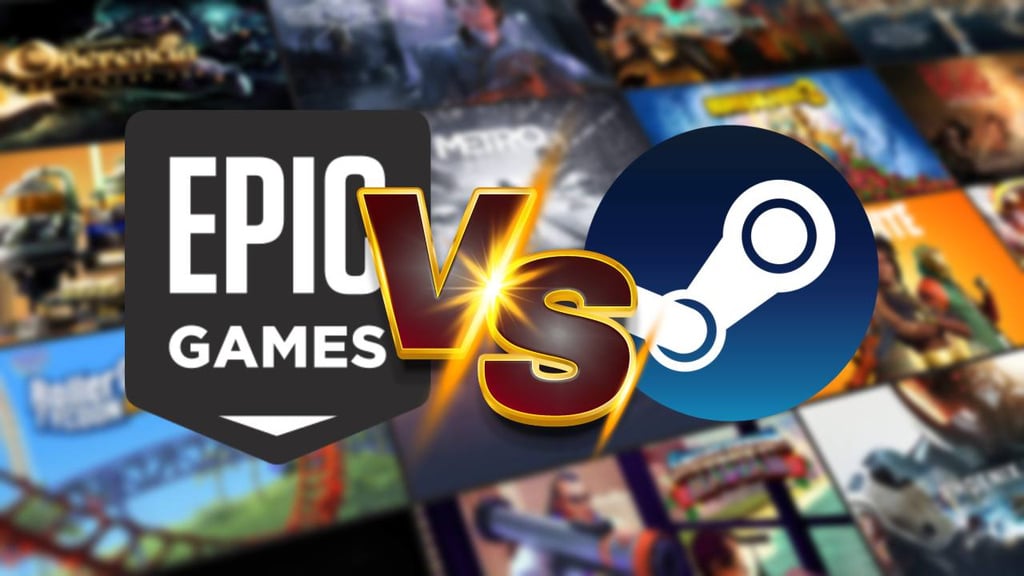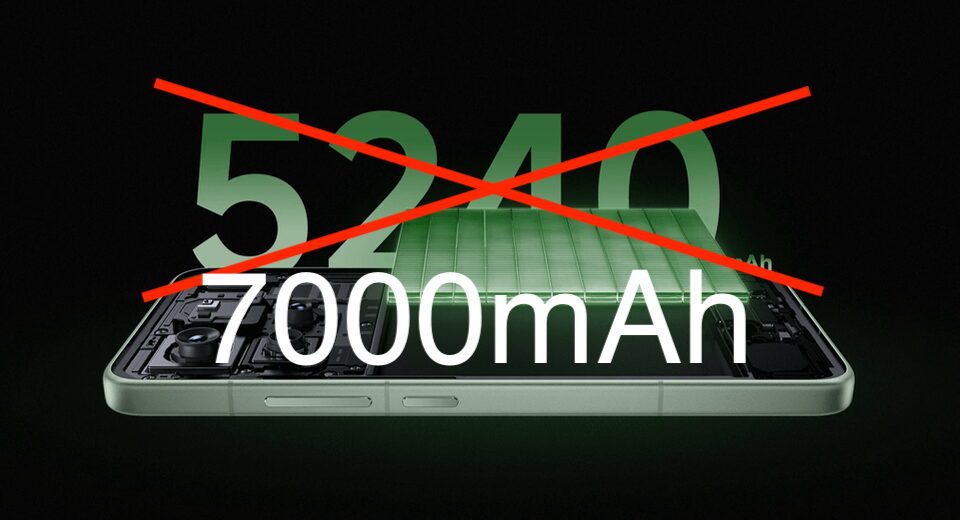Apple's reaction to AI is reminiscent of Microsoft's reaction to the first iPhone
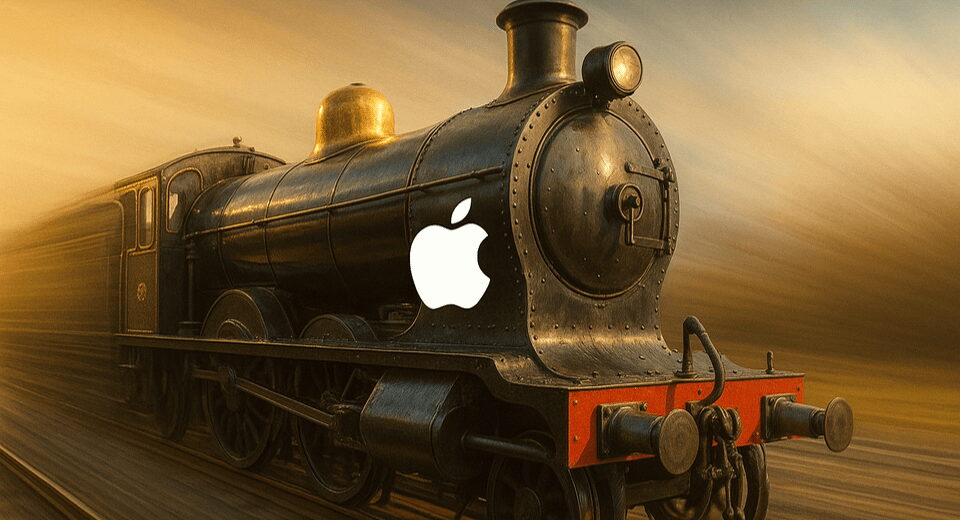
Ahead of WWDC 2025, Apple published a paper critical of the development of AI. It was reminiscent of the denial phase: instead of leading the way, Apple seems to want to highlight AI's shortcomings. Meanwhile, competitors are innovating full steam ahead, with or without Apple.
We also saw a conservative attitude at WWDC 2025. The demonstration of live translation looked slow and lacking in innovation; a feature that Samsung and Google have been offering smoothly for some time. Major innovations, such as a more personalized Siri, have again been delayed until sometime in 2026.
Competition is accelerating
Rivals like Google and Samsung do show what AI is capable of. Google's Gemini is already deeply woven into Android, offering powerful features for video, contextual assistance and real-time content generation. Alphabet's solid AI infrastructure, with years of investment and the integration of DeepMind, is paying off.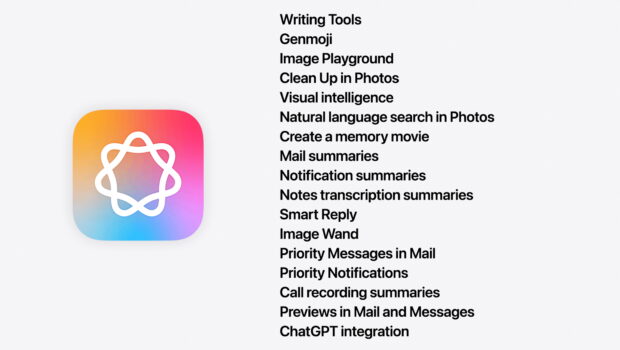
Samsung knows how to make AI practical and usable. Features such as Auto Trim, Instant Slo-Mo and Now Brief help users with content creation and scheduling. Galaxy AI also works across apps and feels integrated, something Apple's AI vision barely touches on yet.
Apple continues to play it safe
Apple is deliberately opting for on-device AI, with an emphasis on privacy and control. That is commendable, but comes at a price: the M-series chips are less suited to heavier AI models, and Apple's reliance on partners such as OpenAI and Anthropic shows that its cloud strategy is still in its infancy.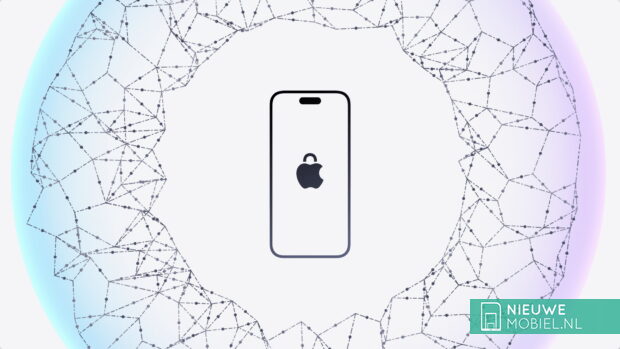
Analysts also point to Apple's "technical debt": a slow development structure and complex legacy code limit the company's clout. Important features keep shifting, undermining trust, both among consumers and developers.
The Nokia Parallel
The situation is reminiscent of Nokia in 2011, which stuck with Symbian for too long and ignored Android. Its market share plummeted and within two years Samsung took over. Of course, Apple is technologically more advanced today, with a strong ecosystem, but here too stagnation threatens at a crucial moment in the market.
The AI revolution requires vision, speed and boldness. Incrementalism in this playing field is not a strategy, but a risk. What Apple should do is;
- Cloud infrastructure expansion: invest heavily in its own AI centers and GPU clusters
- Dare to be bold: commit to strategic partnerships and interoperability
- Leadership: deliver AI functions that truly innovate and work with clear timelines
Apple is at a crossroads. The choice is clear: stick with familiar patterns or join the acceleration called AI. Just as Microsoft underestimated the impact of the iPhone at the time, Apple now seems to be belatedly recognizing how deeply AI is changing our devices and ways of working.
The AI train is moving. The question is not whether Apple gets to ride along, but whether it wants to ride itself - or stay behind.
What's Your Reaction?
 Like
0
Like
0
 Dislike
0
Dislike
0
 Love
0
Love
0
 Funny
0
Funny
0
 Angry
0
Angry
0
 Sad
0
Sad
0
 Wow
0
Wow
0
